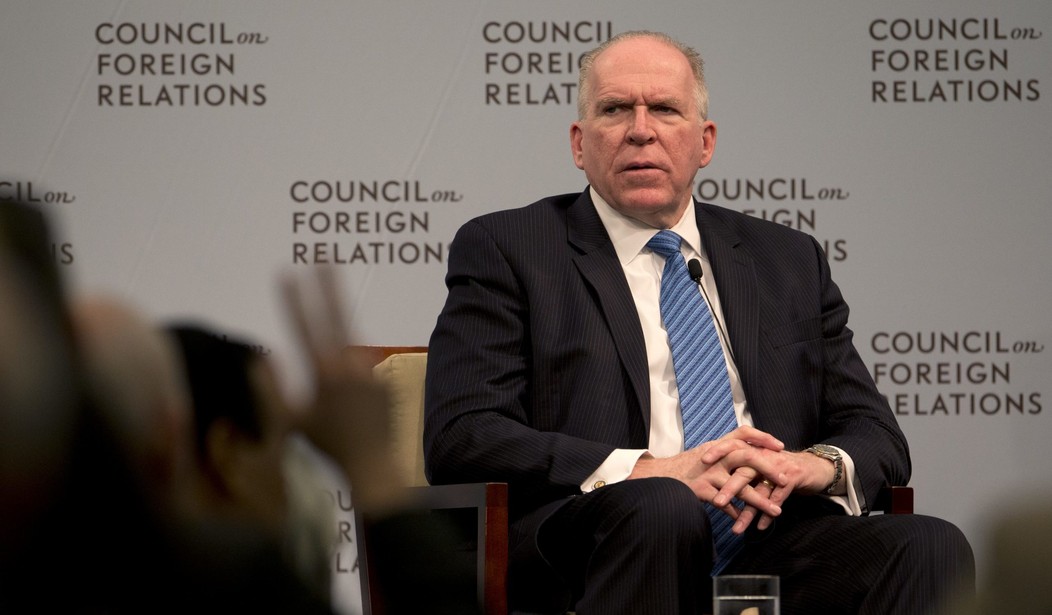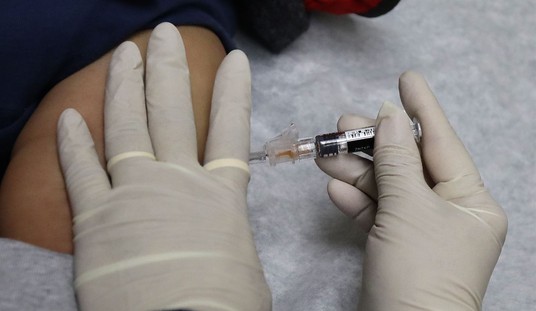WASHINGTON – CIA Director John Brennan warned the public that the U.S. homeland is not “hermetically sealed” from outside threats such as ISIS.
Brennan reiterated Wednesday that ISIS is likely plotting an Istanbul-style attack in the U.S. When asked if he has credible evidence that such an attack is in the works, Brennan clarified the comments he made during an interview on Tuesday evening.
“What I was saying was that we’ve seen ISIL carry out and incite an array of terrorist attacks in the region, beyond the region, directly, indirectly, and that I would be surprised that ISIL is not considering carrying out these attacks in the near abroad as well as the far abroad,” Brennan said at a Council on Foreign Relations discussion on transnational threats to global security.
“And the United States, as we well know, is leading the coalition to try to destroy as much of this poison inside of Syria and Iraq as possible. So it would be surprising to me that ISIL is not trying to hit us, both in the region as well as in our homeland, and I think what you see in the propagation of their material,” he added.
Brennan said the ISIS magazine, Dabiq, mentions carrying out such attacks in the U.S.
“It exhorts individuals to do it,” he said. “So if anybody here believes that, you know, the U.S. homeland is hermetically sealed and that Daesh or ISIL would not consider that, I think—I would guard against that.”
According to Brennan, intelligence, law enforcement and Homeland Security are working together better than ever before.
“There is a tremendous volume of information and data that is out there, some of it accurate, some of it bogus, and trying to make sense of it all and put the different puzzle pieces together is challenging,” he said. “I think we’re less vulnerable to the penetration but physical, because of the actions we’ve taken.”
A threat is posed by “the Internet, as well as ISIL’s taking advantage of technologies that allow them to communicate in a very secure fashion,” the director said, calling that “certainly worrisome.”
An audience member asked Brennan when the intelligence briefings for Donald Trump and Hillary Clinton would begin. Last month, Director of National Intelligence James Clapper said the briefings would take place at a “local secure facility” upon request from the candidates.
“It is up to the president and then the director of national intelligence to make that offer as they have done in the past to the candidates of the two principle political parties after the convention formally nominates them,” Brennan said. “The director of national intelligence takes the lead on that, and so the timing as well as the willingness and interest of the candidates is something that will be determined as a result of engagement with their respective staffs.”
On the question of whether or not he would personally brief Trump and Clinton, Brennan said, “I fulfill my CIA responsibilities to the best of my ability and if there is a need for me to be personally involved in briefings I will try to carry out my responsibilities, and if there is not a need I will not.”
During the event, Judy Woodruff of PBS asked what level of communication the CIA has with the Iranian government.
“I don’t communicate with Iran,” Brennan said.
Woodruff followed up to clarify if there is “zero” direct or indirect communication.
“I don’t personally have any interaction – any formal liaison relationship or engagement with Iran,” Brennan said to laughter from the audience.
“The agency does not – no formal intelligence liaison relationship,” he added.
Brennan also said Iran remains the “leading” state sponsor of terrorism.
“One of the things about ISIS that really distinguishes it from al-Qaeda is that it has a very strong anti-Shia dimension to it that’s sort of rolled over many parts of Iraq because of the years where the Sunni community felt as though a Shia-dominated and Iranian-influenced government in Baghdad was not addressing the needs of the Sunni community,” he said.
“So I think they are very concerned about that growth. At the same time, Iran is still identified by the U.S. government as the leading state sponsor of terrorism because of what they have done, so they are both a part of the problem,” he added.
Brennan said he is “hopeful that maybe with the growing influence and ascendance of some of the more moderate elements within the government” that Iran might “truly” rejoin the international community and “fulfill” its role and responsibility.
“But while it continues to provide support to terrorist organizations like Hezbollah, and others in Lebanon and Hezbollah inside of Iraq, and other groups, there’s a real problem with Tehran,” he said.









Join the conversation as a VIP Member